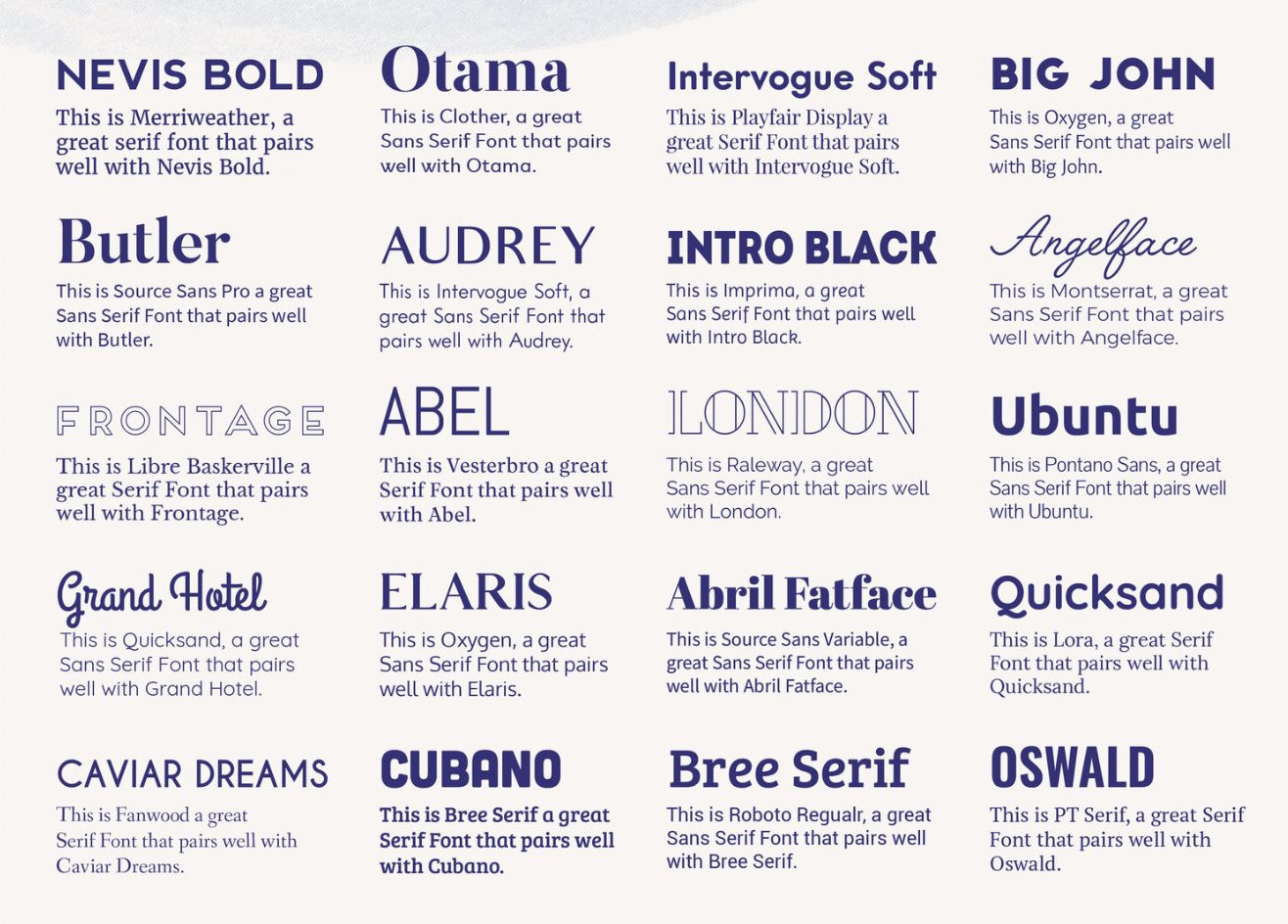Budgeting Tips for a Short Film Production
Whether you're a seasoned filmmaker or just starting out, planning and budgeting are crucial for a successful production. While making a short film may seem less daunting than a feature-length film, it still requires careful financial management. In this blog post, we'll provide you with some practical tips on how to budget for a short film production.
1. Begin with a Detailed Script
The first step in budgeting for a short film is to have a detailed script. A well-written script that outlines every scene, location, and character will allow you to estimate the resources you'll need accurately. Break down the script into individual scenes and note any specific requirements such as props, wardrobe, or special effects.
2. Identify Your Funding Sources
Once you have a clear idea of your film's requirements, it's time to identify your funding sources. Determine whether you'll be self-funding the project or if you'll need external financial support. Potential sources could include personal savings, contributions from friends and family, crowdfunding campaigns, grants, or sponsorships. Keep in mind that each funding source may have specific requirements or limitations, so research thoroughly and plan accordingly.
3. Create a Detailed Budget
Now that you know how much money you have to work with, it's time to create a detailed budget. Break down your expenses into various categories, such as pre-production, production, and post-production. Some common cost factors to consider include:
Crew and Cast: Calculate costs for hiring actors, a director, producer, cinematographer, sound crew, makeup artists, and any other professionals required.
Locations and Permits: Estimate costs associated with location fees, permits, insurance, and any necessary releases.
Equipment and Technology: Budget for camera and lighting equipment, sound recording gear, editing software, and post-production facilities.
Props and Wardrobe: Consider the cost of props, costumes, and any specialty items or effects.
Transportation and Lodging: Calculate expenses for transportation to and from locations, as well as accommodation for the cast and crew, if necessary.
Food and Craft Services: Allocate funds for meals and craft services to keep your team energized and happy.
Post-production and Distribution: Account for expenses related to editing, color grading, sound design, visual effects, and film festival entry fees.
Remember to add a contingency fund to cover unexpected expenses that may arise during production.
NofilmSchool.com has a great free downloadable production budgeting template!
4. Optimize your Resources
To maximize your budget, consider ways to optimize your resources. Look for discounts or rental options for equipment and locations. Seek out local talent or film schools for crew and actors who may work for a reduced rate or for experience. Utilize your network to find individuals or organizations willing to sponsor or provide in-kind support.
5. Track and Control Expenses
Once production starts, diligently track and control your expenses. Keep detailed records of all expenditures and compare them to your budget regularly. This will allow you to identify potential overspending and make necessary adjustments.
6. Be Flexible and Plan for Contingencies
Despite careful planning, unexpected expenses or complications can arise during the production process. Stay flexible and be prepared for contingencies. Having a contingency fund will help you address any unforeseen circumstances without derailing your production.
7. Seek Professional Advice
Budgeting for a short film production can be complex, especially if you're new to the filmmaking industry. Consider seeking advice from industry professionals, such as independent filmmakers or film associations. They can offer valuable insights and help you navigate the intricacies of budgeting.
8. Learn from the Experience
Finally, once your short film production is complete, take the time to review your budget and reflect upon the process. Analyze what went well and what could be improved for future projects. Learning from your experience will help you develop better budgeting skills and make your next production even more successful.
Making a short film requires both creativity and financial acumen. By following these budgeting tips, you'll be better equipped to manage your resources effectively and bring your vision to life without breaking the bank. Remember, with proper planning and attention to detail, you can create a remarkable short film that captivates your audience and showcases your artistic talent.
NofilmSchool.com has a great free downloadable production budgeting template!


















